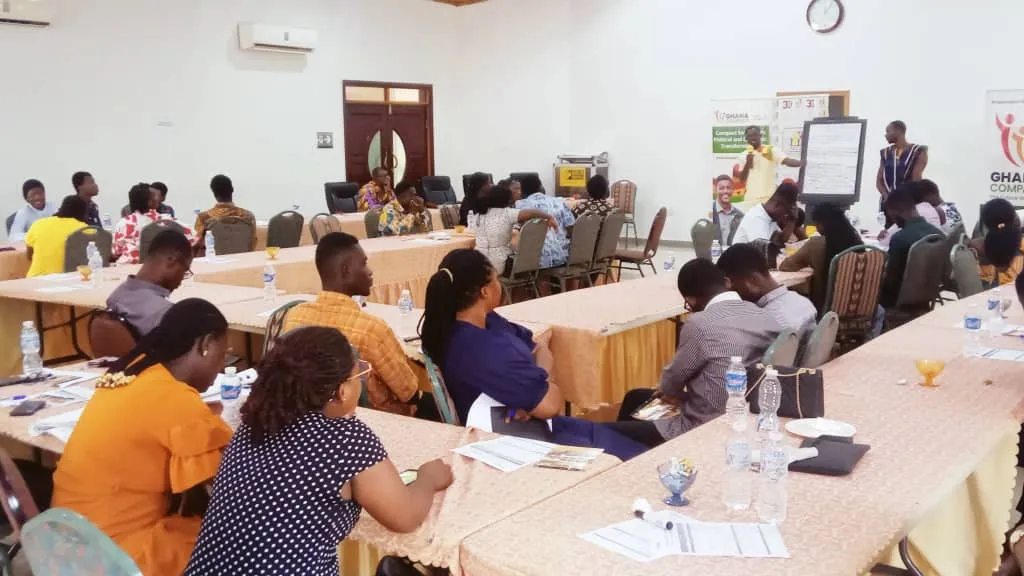The African Centre for Economic Transformation (ACET), in collaboration with the National Commission for Civic Education (NCCE), has engaged stakeholders from diverse backgrounds as part of efforts to put together the Ghana Compact in the Ashanti Region.
The Compact, which seeks to drive political and economic transformation, is an initiative focused on setting a vision for Ghana, outlining collectively agreed solutions for the country’s biggest challenges and identifying targets for tracking the agreed vision.
ACET is putting it together after teaming up with seven prominent policy institutes in Ghana to analyse the country’s critical challenges and produced technical papers covering some of the pressing policy issues confronting the country.
To be able to come out with a Compact, which represents the views of Ghanaians in all sectors of the economy, ACET is collating inputs of stakeholders across the country.
In the Ashanti Region, the Centre engaged stakeholders including artisans, entrepreneurs, students, political activists, small and medium enterprises, youth groups, market women, and gender activists.
Mr George Boateng, Senior Policy Analyst, ACET, said the Compact’s aimed to bring all stakeholders together to craft a vision for Ghana’s political and economic transformation over the next 25 years.
He said Ghana had made progress since independence, conducting seven elections in the last 30 years under the Fourth Republic, thereby earning recognition in the global community as a stable democracy where civil liberties were upheld.
That notwithstanding, the country continued to face challenges such as corruption, lack of jobs, divisive politics, mismanagement of resources and economic difficulties, Mr Boateng said.
The Compact, he noted, sought to address four critical issues including political and constitutional reforms, fiscally responsible policies, long-term vision for economic transformation, and agreeing on long-term targets to hold leaders accountable.
He said feedback from the citizen engagements and technical consultations would be used to draft the Ghana Compact, which would be presented at a National Convention in June, this year.
“The Convention will bring together individuals and representatives from all the groups that have been involved in the Compact’s development,” he said.
The Compact would spell out the vision and goals for Ghana’s future and highlight the national values needed to ensure the future we want, Mr Boateng said.
The expectation is that it would be a social contract between the citizenry and the Government no matter which party is in power.
Dr Imurana Mohammed, the Director of Programmes, NCCE, said the role of the Commission was to mobilise stakeholders for the various engagements being spearheaded by ACET.
“The Compact is originally the idea of ACET but they acknowledge the fact that the NCCE has the convening power because we have our structures laid out across the country. So they are collaborating with us in order to get the voices of the citizens,” he noted.
He said beyond the regional engagements, the NCCE would continue to be involved in other activities that would culminate in the signing of the Compact at the national level by political parties.
Source: GNA

_
Follow us on our social media pages for more stories and posts from the NCCE.
https://www.instagram.com/nccegh1/
https://www.facebook.com/nccegh/


Leave a comment